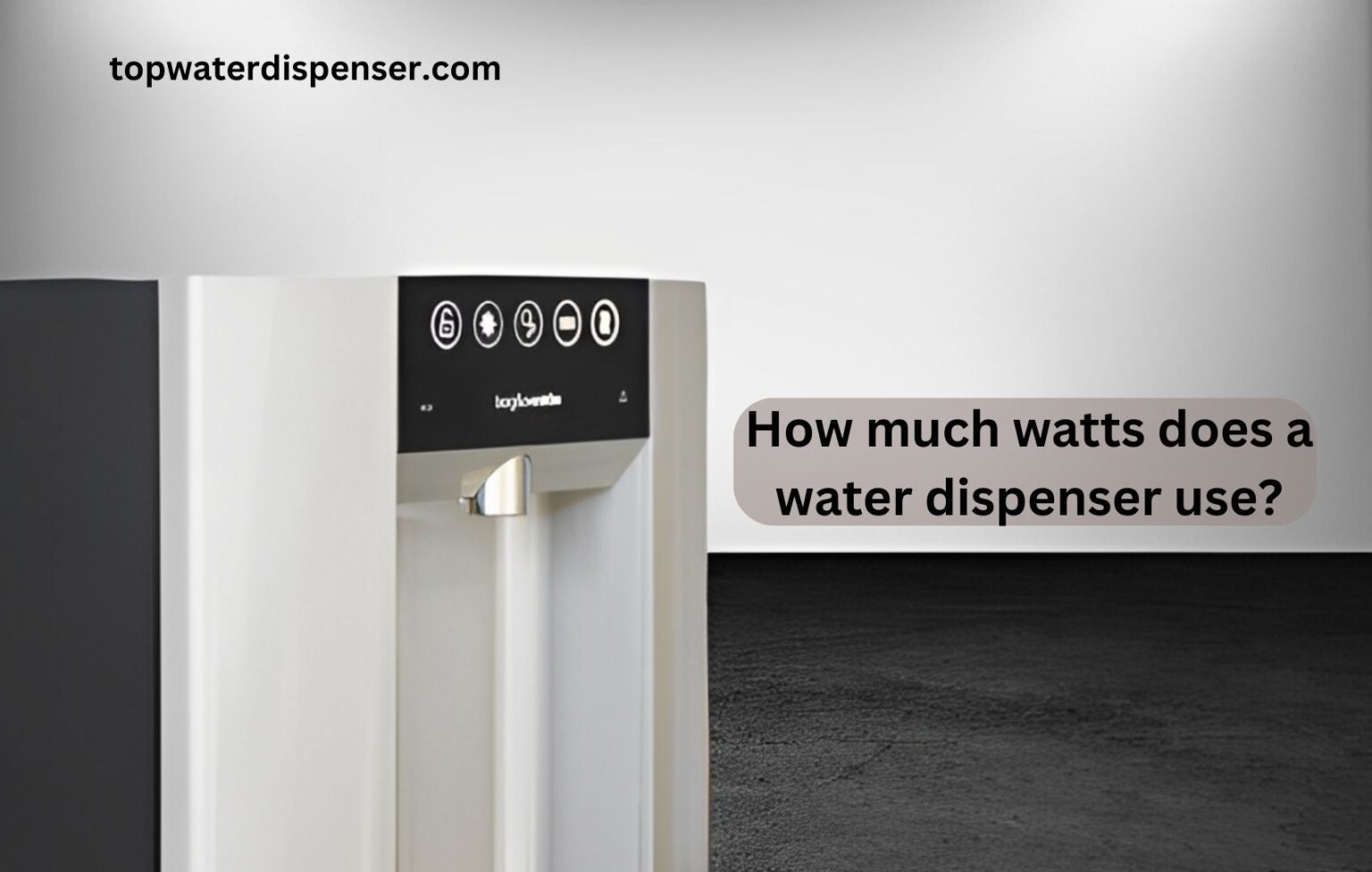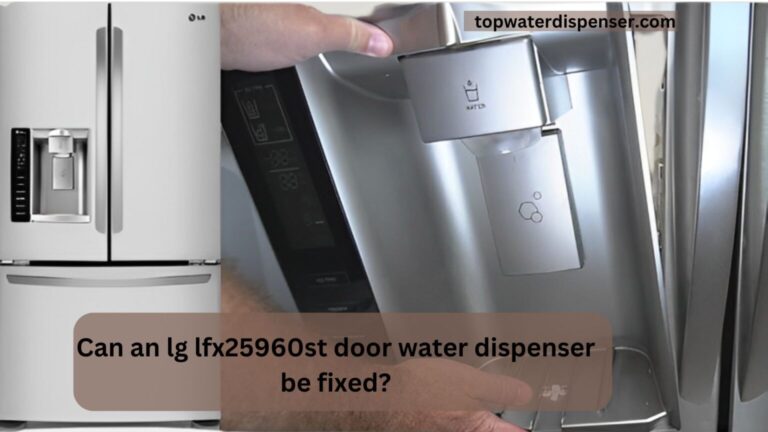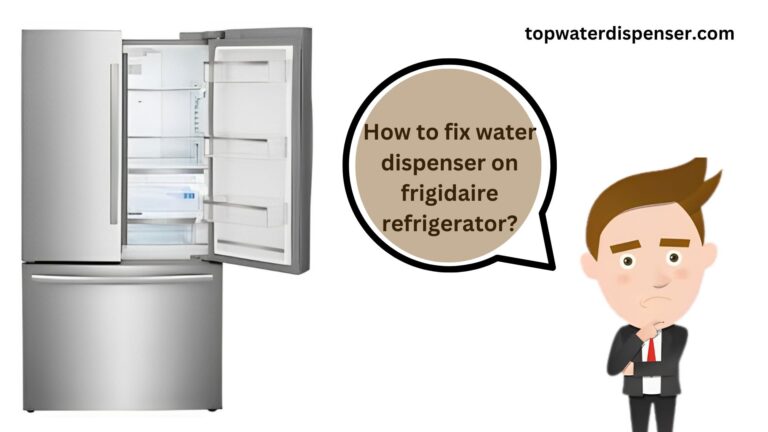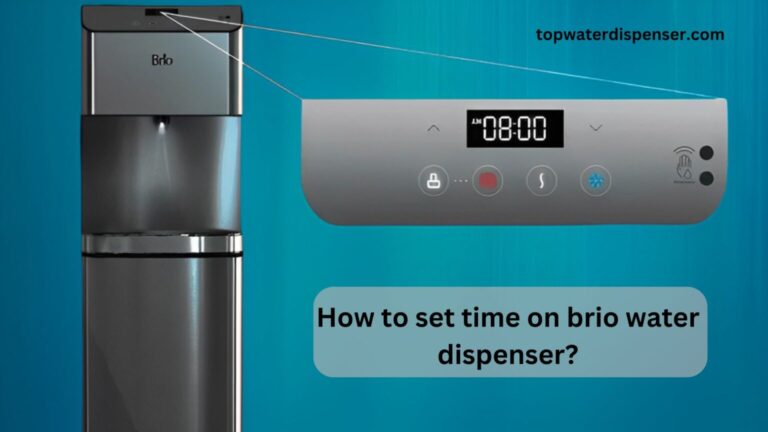How much watts does a water dispenser use?
In trying to reduce my electricity bill, I constantly wonder, “How much watts does a water dispenser use?” especially since it runs continuously every day in my kitchen.
Typically, a water dispenser uses between 100 and 800 watts, with an average of about 500 watts when heating and less during cooling. To save on your bill, consider a model with an Energy Star rating.
Discover simple tips and tricks to cut down your electricity costs with an energy-efficient water dispenser. Read our comprehensive guide to start saving today!
How much watts does a water dispenser use? (Guidance)
The Guidance related: How much watts does a water dispenser use?

1.Energy Efficiency Ratings
Check the energy efficiency ratings when purchasing a water dispenser. Models with higher ratings consume less power, leading to significant savings on your electricity bill over time.
2.Usage Habits
Monitor your usage habits; switch off the heating and cooling functions when not needed. This proactive habit can reduce a water dispenser’s energy consumption substantially.
3.Maintenance Regularity
Regular maintenance ensures your water dispenser operates at peak efficiency. Clean it periodically to prevent energy loss due to limescale and mineral buildup, which can strain the heating element.
4.Upgrade to Newer Models
Consider upgrading to a newer, more energy-efficient model. Advances in technology often mean newer devices use less energy for the same output, translating to savings on your electricity bill.
5.Insulation of the Water Tank
Improving insulation around the water tank reduces the need for constant heating or cooling, thereby conserving energy.
6.Smart Plugs for Scheduling
Integrate smart plugs to schedule when your water dispenser turns on and off, ensuring it uses electricity only when necessary.
7.Solar Powered Options
Explore solar-powered water dispensers for an eco-friendly and cost-effective alternative. They harness renewable energy, which can lead to significant savings.
Topics:
The comprehensive topics related, How much watts does a water dispenser use?
1. Decoding the Cost on Your Electricity Bill
Understanding your electricity bill is essential for identifying how much your water dispenser contributes to the cost. Look for wattage usage and calculate the dispenser’s impact by multiplying its average wattage with usage hours, then correlating this figure with your electricity rate.
2. Recognizing the Signs of an Inefficient Water Dispenser
An unusually high electric bill may signal an inefficient water dispenser. Recognize when your unit is overworking by keeping an eye out for constant cycling, longer heating times, and frequent cooling periods, which all indicate it’s time to service or replace your dispenser.
3. Water Dispenser Wattage vs. Bottled Water Cost Analysis
Compare the cost of operating a water dispenser to buying bottled water. Include the environmental impact of plastic waste and the convenience factor in your analysis. A breakdown of this comparison can provide valuable insights into the long-term savings and benefits of using a water dispenser.
4. The Environmental Impact of Water Dispensers
Explore the broader environmental impact of water dispensers. Address the energy used in production, operational efficiency, and end-of-life disposal. Highlight models known for their environmentally friendly design or options for recycling old units.
5. Innovative Features in Modern Water Dispensers
Delve into new features and technologies in modern water dispensers that contribute to energy efficiency. Features such as programmable temperatures, self-cleaning systems, and advanced insulation materials not only save power but also provide convenience and improved water quality.
Conclusion:
In conclusion, understanding “How much watts does a water dispenser use?” is key to optimising your home’s energy efficiency. By choosing Energy Star-rated models, being mindful of usage habits, and investing in maintenance and modern technologies, you can enjoy the convenience of a water dispenser without the burden of excessive electricity costs. Embrace the tips shared in this guide to make an informed decision that benefits both your wallet and the environment.
FAQs:
People also ask, How much watts does a water dispenser use?
Most water dispensers use between 5 to 6.5 amps when heating water, and less when cooling or in standby mode.
Turning off your water dispenser at night can save energy, but if it has good insulation, the savings might be minimal. It’s a personal preference based on usage.
Water dispensers do not consume excessive electricity, especially energy-efficient models, and are relatively economical with moderate daily usage.
A water dispenser typically uses about 100 to 800 watts, averaging around 500 watts for heating and less for cooling functions.








2 Comments